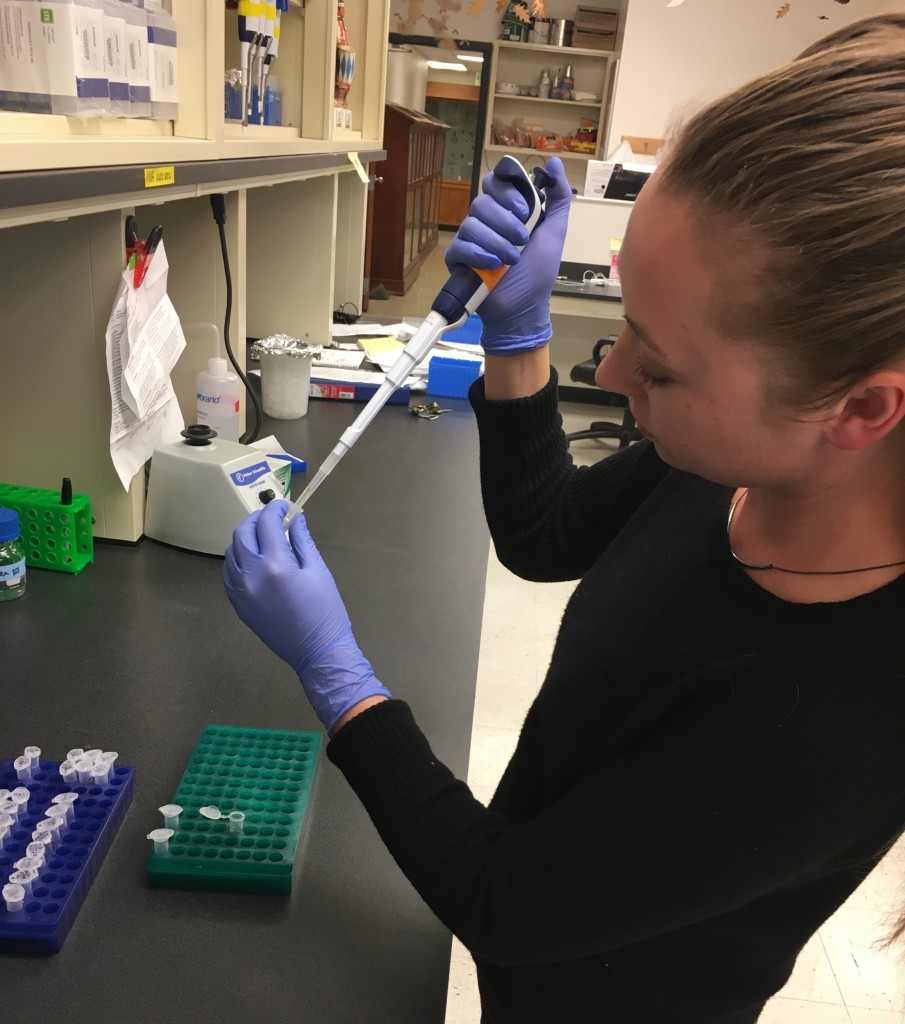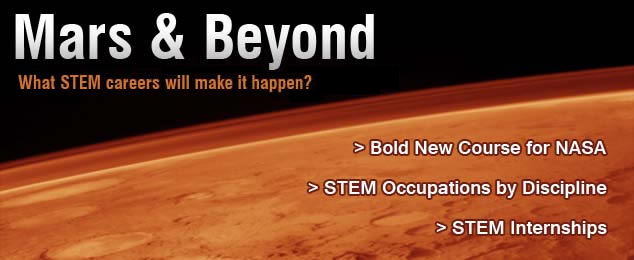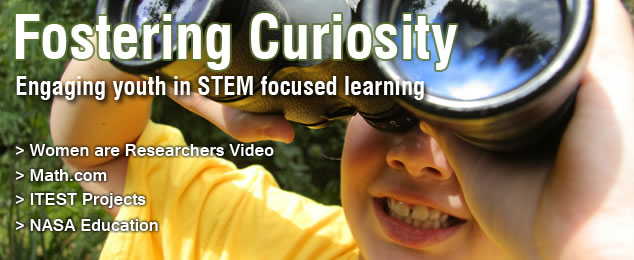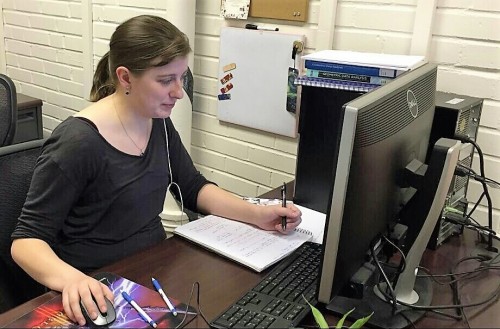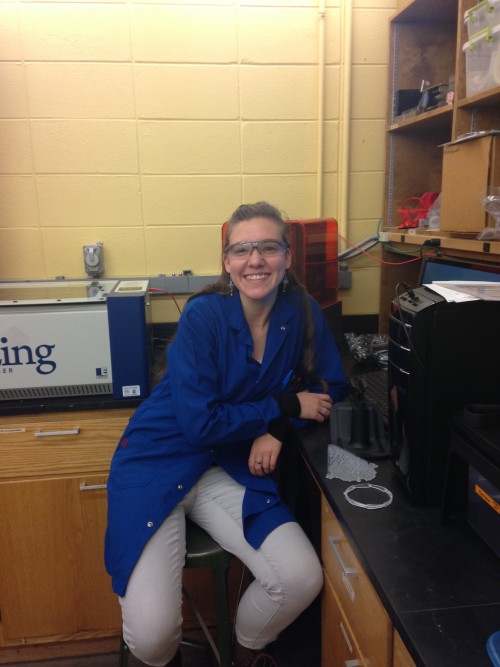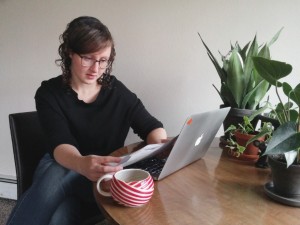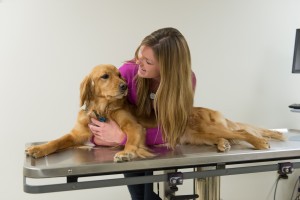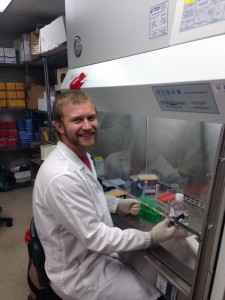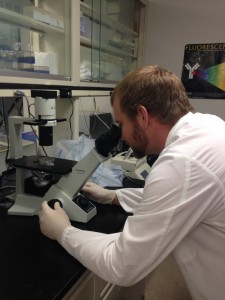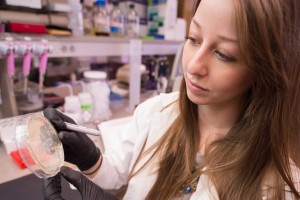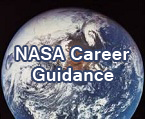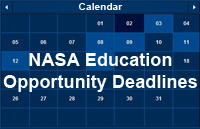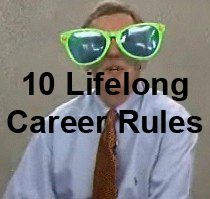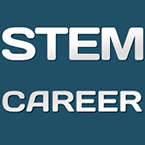What do humans, culture, science and technology all have in common? Answer: They are all constantly evolving! In fact, there’s a whole field of research dedicated to understanding the underlying principles for how things change over time. Jessica Warren, a researcher in CSU’s molecular evolution lab describes the importance of researching this topic in her quote, “understanding the molecular basis for how organisms change over time will provide some of the most fascinating and useful advances in science in this century”. Read more of Jessica’s interview for tips about how you can best prepare for your entry into this competitive and always changing field of study.
